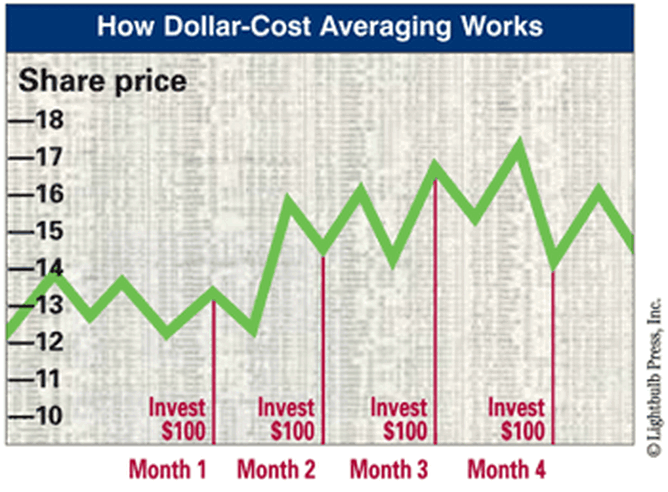The last four weeks have seen volatility in international and New Zealand investment markets. Markets have been increasing and decreasing in value from one day to the next.
The triggers for these recent market changes have included 1. The Chinese share-market fall, slow down in economic growth and changes to its currency settings 2. The anticipation of the Federal Reserve in the USA increasing the Federal Reserve Rate (interest rate) 3. Australia's economy continuing to stumble 4. Good and then bad economic indicators being released in the USA and other markets.
Other factors that impact the New Zealand sharemarket include the level of our exchange rate, the milk price and the Official Cash Rate level.
We have been telling our clients for the last year or so that we have been anticipating a correction in the markets. We didn't know when, we didn't know by how much. We also now don't know whether this current volatility and fall in valuations will continue for 1 week, or 6 months. We don't know whether it will go up or down next week.
This volatility means that our clients returns have reduced, but are still strongly positive.
Dollar Cost Averaging
The important things are that this is NORMAL and this is why we encourage our clients to 'dollar cost average'. This means that when you are adding funds to your portfolio, you do this little bit by little bit and when you are drawing down funds you take them out little bit by little bit. What this means is that might buy (or sell) with some of your funds when the market is high and then it reduces, but when there is volatility, your next purchase (or sale) might be when the markets are lower. This is a practice that we have recommended to our clients for many years and it smoothes out the impact of volatility on your investment portfolio.
What should you expect over your life-time of investing?
At a recent conference, I was reminded of an easy way to help you to understand what to expect in relation to the volatility on your investment portfolio. We all hate seeing negative returns on our portfolio, but all investments strategies have the potential to have a negative return (including investing in the bank, as the funds are highly unlikely to keep up with inflation, so will be going backwards in terms of your 'purchasing power' or 'real' value).
You may have seen the information from Morningstar Research that shows your likelihood of getting a negative return on your investments. This depends on what your risk profile is. But, while this information is accurate, it is hard for most people to understand in day to day terms. So, I have converted this information into the likelihood that you are going to have a negative return in any year for you.
Based on the Morningstar assumptions you should note that this is the likelihood that you will have a NEGATIVE return in any year based on your risk profile:
Please note that this doesn’t mean that every 5 years you will have a negative return. You could have two negative years in a row and none for 10 years after that, as an example
| Risk Profile | Defensive (Conservative MSTAR) | Conservative (Moderate MSTAR) | Balanced | Growth | Aggressive | |||
| Expected probability of a negative return over any single year % | 3.4% | 7.3% | 14.8% | 20.0% | 25.2% | |||
| You should anticipate a negative year every | 29 years | 14 years | 6.8 years | 5 years | 4 years | |||
| Forecast Range of Return (at a 99% confidence interval) | ||||||||
| Risk Profile | Defensive (Conservative MSTAR) | Conservative (Moderate MSTAR) | Balanced | Growth | Aggressive | |||
| 1 year | -2.4 to 13.9 | -4.9 to 17.5 | -10.2 to 24.3 | -15.9 to 31.4 | -20.5 to 37.1 | |||
| 5 years | 2.1 to 9.4 | 1.3 to 11.3 | -0.7 to 14.7 | -4.6 to 21.2 | -4.6 to 21.2 | |||
| 10 years | 3.2 to 8.3 | 2.8 to 9.9 | 1.6 to 12.5 | -0.8 to 17.4 | -0.8 to 17.4 | |||
If you have any questions about this information, please don't hesitate to contact us by emailing your adviser at carey@moneyworks.co.nz, peter@moneyworks.co.nz or paul@moneyworks.co.nz.
If you have any thoughts or opinions that you would like to share, visit us at our Twitter, Facebook or Linked In pages, and comment.
For more blog entries that you might be interested in:
Investment Turbulence – why good financial planning is important
Investment Returns – Why assumptions are important
The Value of Investment Conferences
By Carey Church






